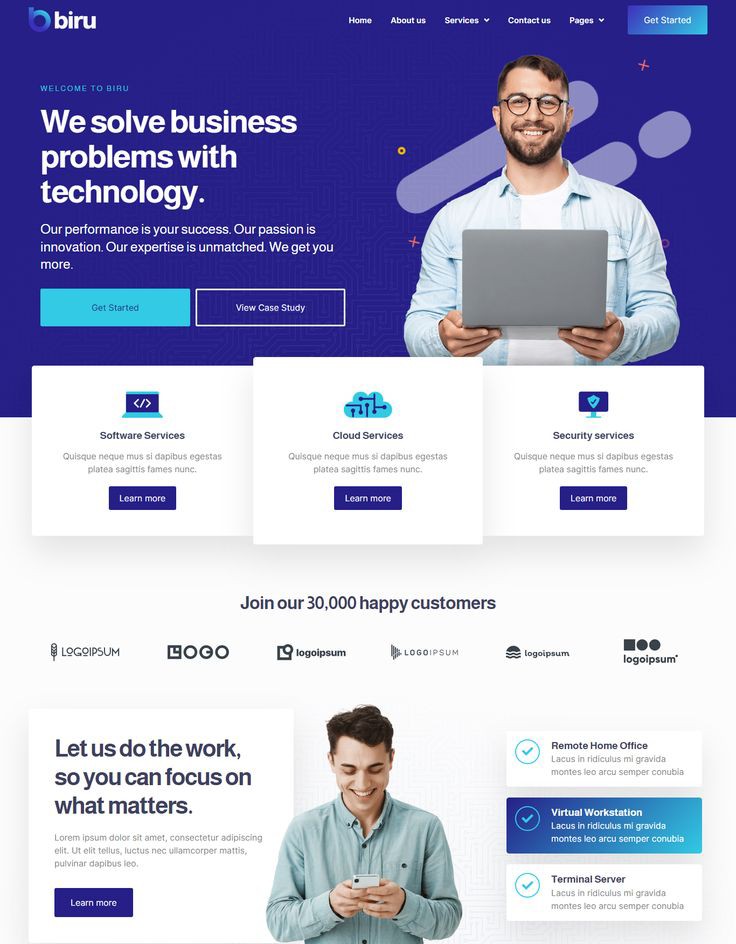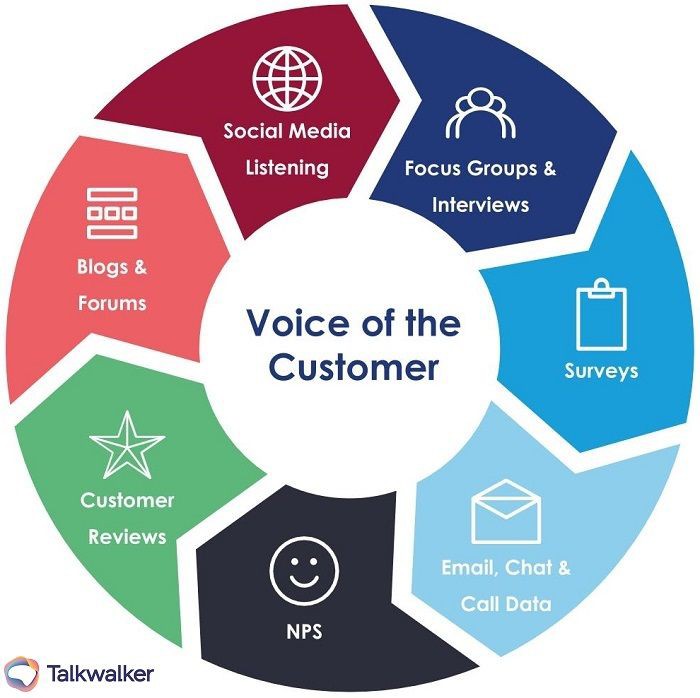“The only limit to our realization of tomorrow will be our doubts of today.” — Franklin D. Roosevelt
When we think about business growth, we often focus on the physical elements: hiring more staff, expanding our office space, or increasing product lines. However, one of the most critical tools that evolve alongside your business—and sometimes ahead of it—is your website. A website is not just a static entity but a dynamic, scalable platform that adapts to your changing needs.
In this article, we’ll explore how a website can grow with your business, enhancing your ability to reach new markets, increase sales, and achieve long-term success.

Your Website: A Living, Breathing Part of Your Business
Many businesses make the mistake of viewing their website as a one-time project—a task to be completed, launched, and forgotten. But just like any other aspect of your business, your website should evolve. It’s a living, breathing representation of your brand, capable of growing in complexity and functionality as your business expands.
Whether you’re adding new services, targeting new demographics, or venturing into e-commerce, your website should reflect your current goals and be flexible enough to support future ones.
Adapting to Market Changes
As the marketplace shifts, so must your approach to reaching and engaging customers. A website allows you to stay nimble, reacting to market changes quickly and efficiently. For example, if customer behaviors start to favor online shopping, adding e-commerce functionality to your website ensures you don’t miss out on those sales.
Similarly, if trends shift toward mobile browsing, your website can be optimized for mobile users. This adaptability is key to staying relevant in an ever-evolving digital landscape.
Scaling Your Product or Service Offering
As your business grows, so does your product or service catalog. One of the most powerful aspects of a website is its ability to scale without limitations. Adding new product pages, service descriptions, or even entire sections can be done seamlessly, ensuring your website always reflects the full scope of what you offer.
Consider how easy it is to introduce new products online compared to updating printed materials or physical store signage. A website gives you the flexibility to showcase your latest offerings instantly, keeping your customers informed and engaged.
Enhancing User Experience to Support Growth
A growing business often means a larger audience, and with that comes the need to ensure your website can handle increased traffic without sacrificing user experience. As your business expands, your website should be optimized for speed, navigation, and responsiveness to ensure that it provides a seamless experience, regardless of the number of visitors.
From integrating a user-friendly search bar to simplifying checkout processes, every improvement you make to your website’s usability will pay off in terms of customer satisfaction and conversions. A smooth, engaging user experience keeps visitors on your site longer, increasing the chances that they’ll convert into loyal customers.
Adding New Features and Functionalities
As your business evolves, you may find that your customers expect more from your website than just basic information. Perhaps they want to schedule appointments online, chat with a customer service representative in real-time, or download detailed product brochures.
Fortunately, modern websites are designed to accommodate new features as needed. You can integrate third-party tools, add new sections like blogs or video galleries, and even build complex systems like customer portals or membership platforms. By continuously enhancing your site’s functionality, you ensure that it not only meets current demands but also positions you as a forward-thinking brand ready to deliver exceptional customer experiences.
Expanding into New Markets
If you plan to take your business into new geographic markets, your website is an essential tool in that journey. A website allows you to reach new audiences across the globe without needing a physical presence in every location. By incorporating features like multi-language support, international shipping options, and localized content, you can easily tailor your website to serve different regions and demographics.
This kind of flexibility ensures that your website is not just a local tool but a global asset, capable of driving growth in any market you choose to explore.
Building Long-Term Customer Relationships
As your business grows, so does your customer base. A website can help you build long-term relationships with those customers through features like personalized content, loyalty programs, and email newsletters.
By integrating customer relationship management (CRM) systems into your website, you can track interactions, gather valuable insights, and create personalized experiences that keep customers coming back. The more you know about your customers, the better you can serve them, and your website is the ideal platform for collecting and utilizing that data.
Integrating with Digital Marketing Efforts
Your website is the backbone of your digital marketing strategy. As your business grows, you’ll likely increase your investment in digital marketing channels like SEO, social media, and paid advertising. Your website should be equipped to handle the influx of traffic from these campaigns and convert that traffic into leads and sales.
Landing pages, call-to-action buttons, and conversion forms are all essential tools that should evolve as your digital marketing strategy grows. By continually optimizing your site for conversions, you ensure that your marketing efforts deliver the highest possible return on investment.
Improving Search Engine Visibility
A growing business means increased competition. To stay ahead, your website needs to be optimized for search engines so potential customers can easily find you. SEO isn’t a one-time effort; it’s an ongoing process that evolves alongside search engine algorithms and user behaviors.
As you add new content, products, or services, it’s important to continuously update your site’s SEO to ensure that it remains visible in search results. This includes optimizing for keywords, improving page load times, and ensuring that your site is mobile-friendly. The more visible your site is, the more traffic you’ll drive, and the more your business will grow.
Tracking Growth with Analytics
One of the most valuable features of a website is its ability to provide detailed insights into user behavior. With tools like Google Analytics, you can track how visitors are interacting with your site, which pages are performing best, and where there’s room for improvement.
As your business grows, these insights become even more critical. By understanding which products are popular, where traffic is coming from, and how users navigate your site, you can make data-driven decisions to support continued growth.
Adapting to Technological Advances
The digital landscape is constantly evolving, with new technologies emerging all the time. Your website should be flexible enough to incorporate these advancements, ensuring that you’re always offering the most up-to-date experience to your customers.
From integrating AI-powered chatbots to offering virtual or augmented reality experiences, a modern website can evolve with technological trends to keep your business at the cutting edge.
Conclusion
A website is not just a marketing tool—it’s an investment in your business’s future. As your business grows, your website should grow with it, evolving to meet new challenges, support new goals, and capitalize on new opportunities.
At Fogofy Ltd, we specialize in creating flexible, scalable websites that are built to grow alongside your business. Whether you’re expanding into new markets, launching new products, or simply increasing your digital footprint, we ensure your website is ready to support your next phase of growth.
FAQs
- How can a website grow with my business?
A website can scale in many ways—by adding new products or services, integrating new features, improving user experience, and optimizing for increased traffic. As your business grows, your website can adapt to meet new demands. - What features can be added to a website to support business growth?
Depending on your needs, you can add e-commerce functionality, booking systems, customer portals, chatbots, and more. These features can enhance user experience and support your expanding business. - Why is website scalability important?
Scalability ensures that your website can handle increased traffic, new products, or services, and any other growth your business experiences. A scalable website can adapt to change without the need for a complete overhaul. - How can a website help me reach new markets?
By incorporating features like multi-language support and localized content, a website allows you to reach international audiences and tap into new markets without needing a physical presence in those locations. - Can I integrate my website with other business tools as I grow?
Yes! Modern websites can integrate with various business tools like CRM systems, email marketing platforms, and analytics tools to streamline operations and support growth.







